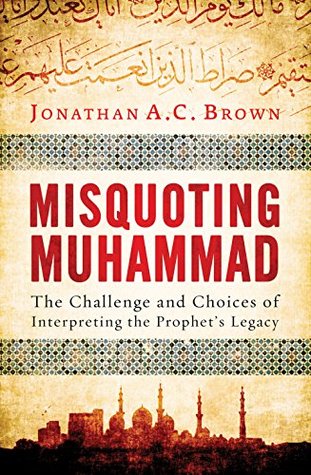The crux of Qutb’s interpretation is the Qur’an’s verses on God’s absolute sovereignty, ‘Rule is God’s alone’ and ‘Those who ruled by other than what God has revealed, they are the unbelievers’ (12:40, 67). He had been strongly influenced by the Islamist thought of the Indian (later Pakistani) ideologue Abul Ala Mawdudi, and like him read these declarations as condemnations of secularization and the subordination of the Shariah to fickle, man-made regimes.17
Welcome back. Just a moment while we sign you in to your Goodreads account.


